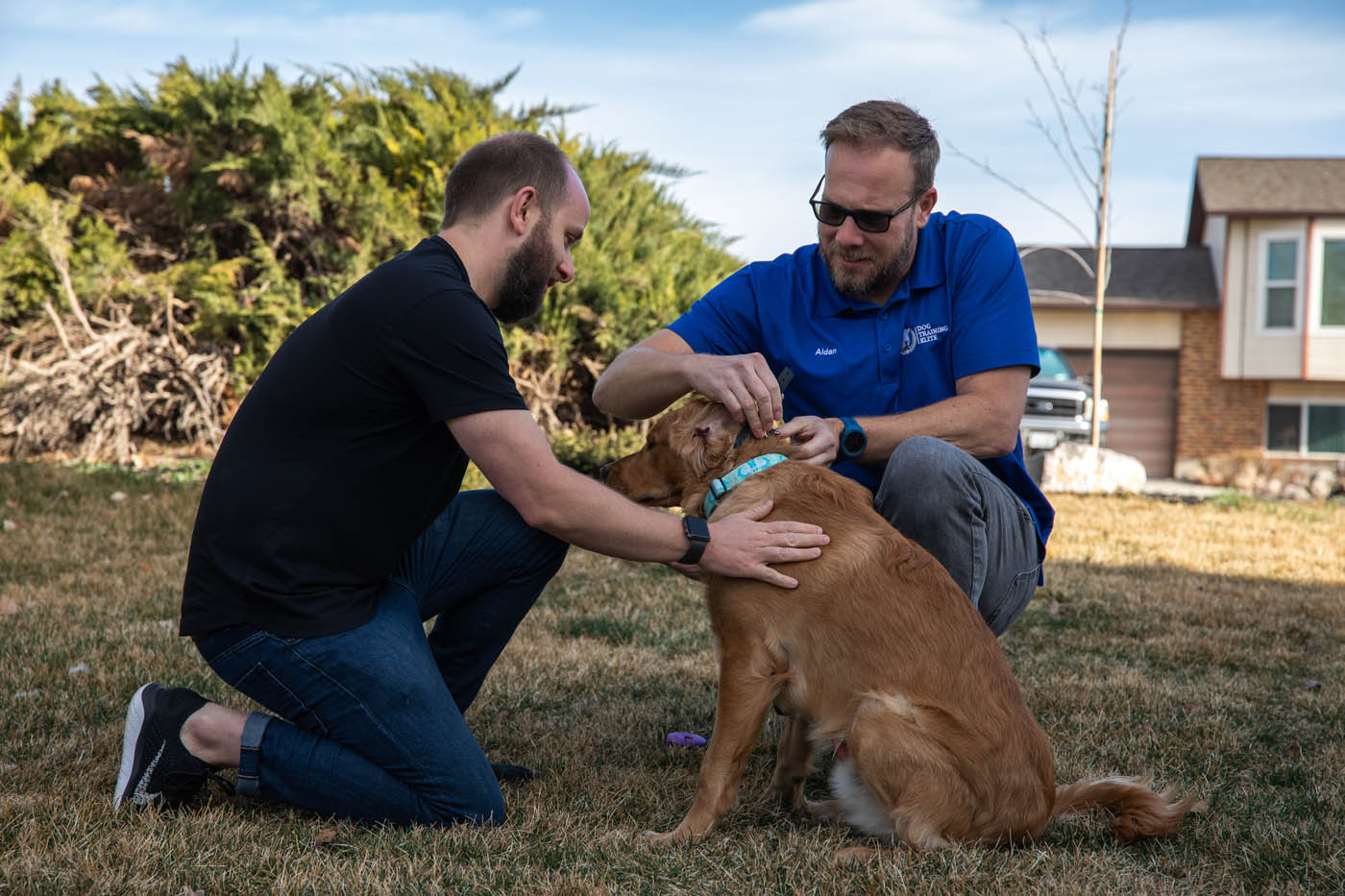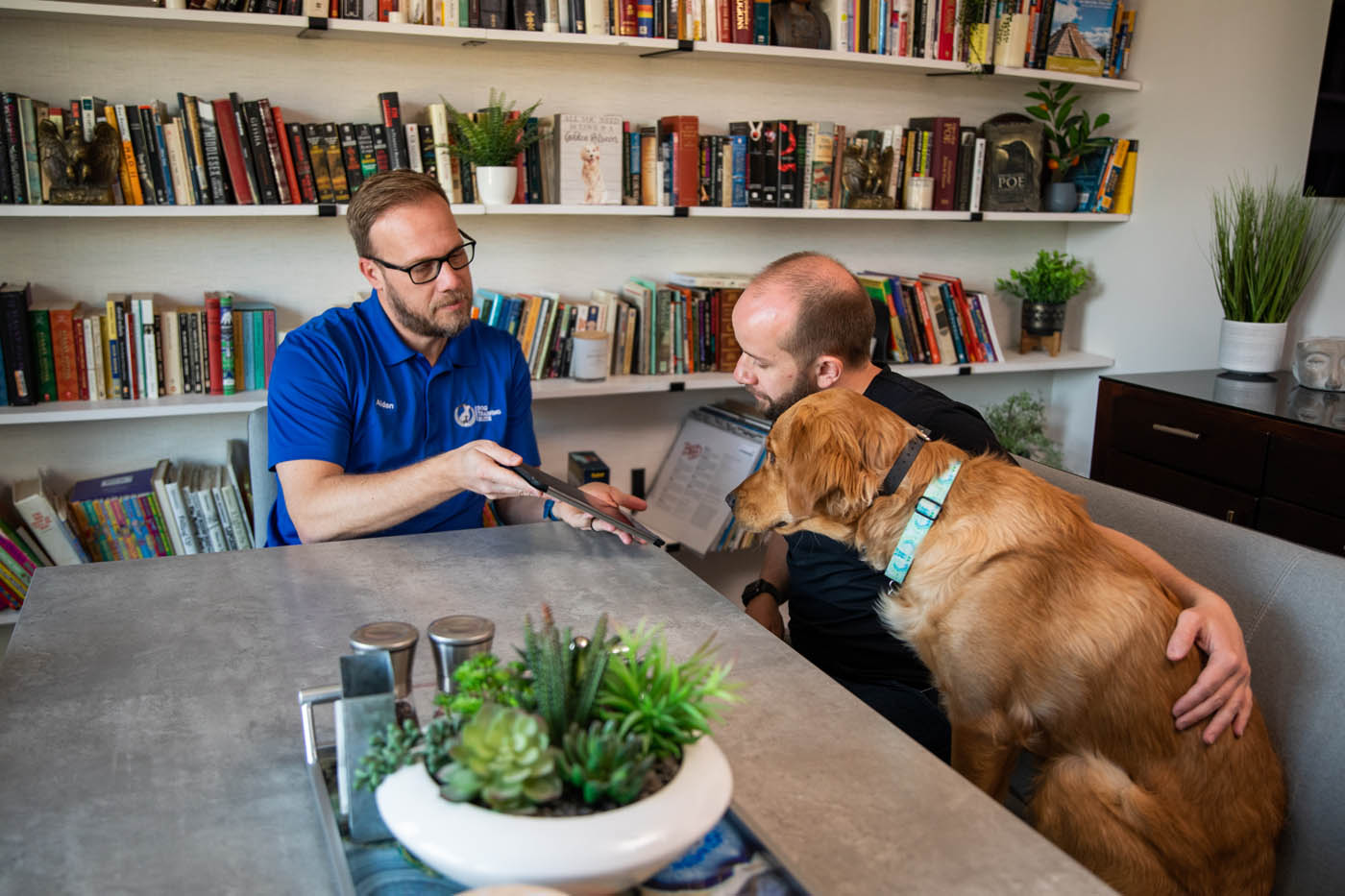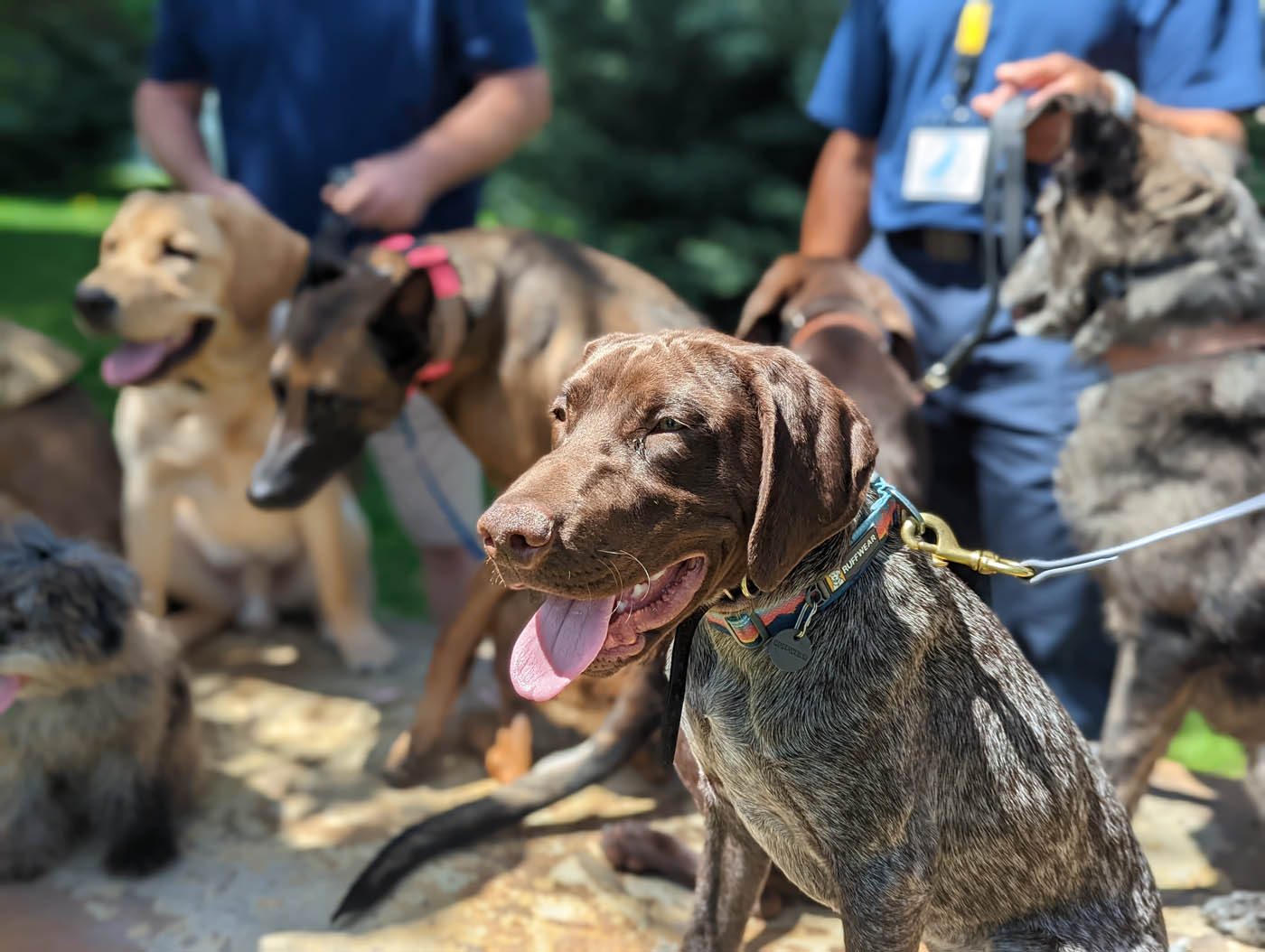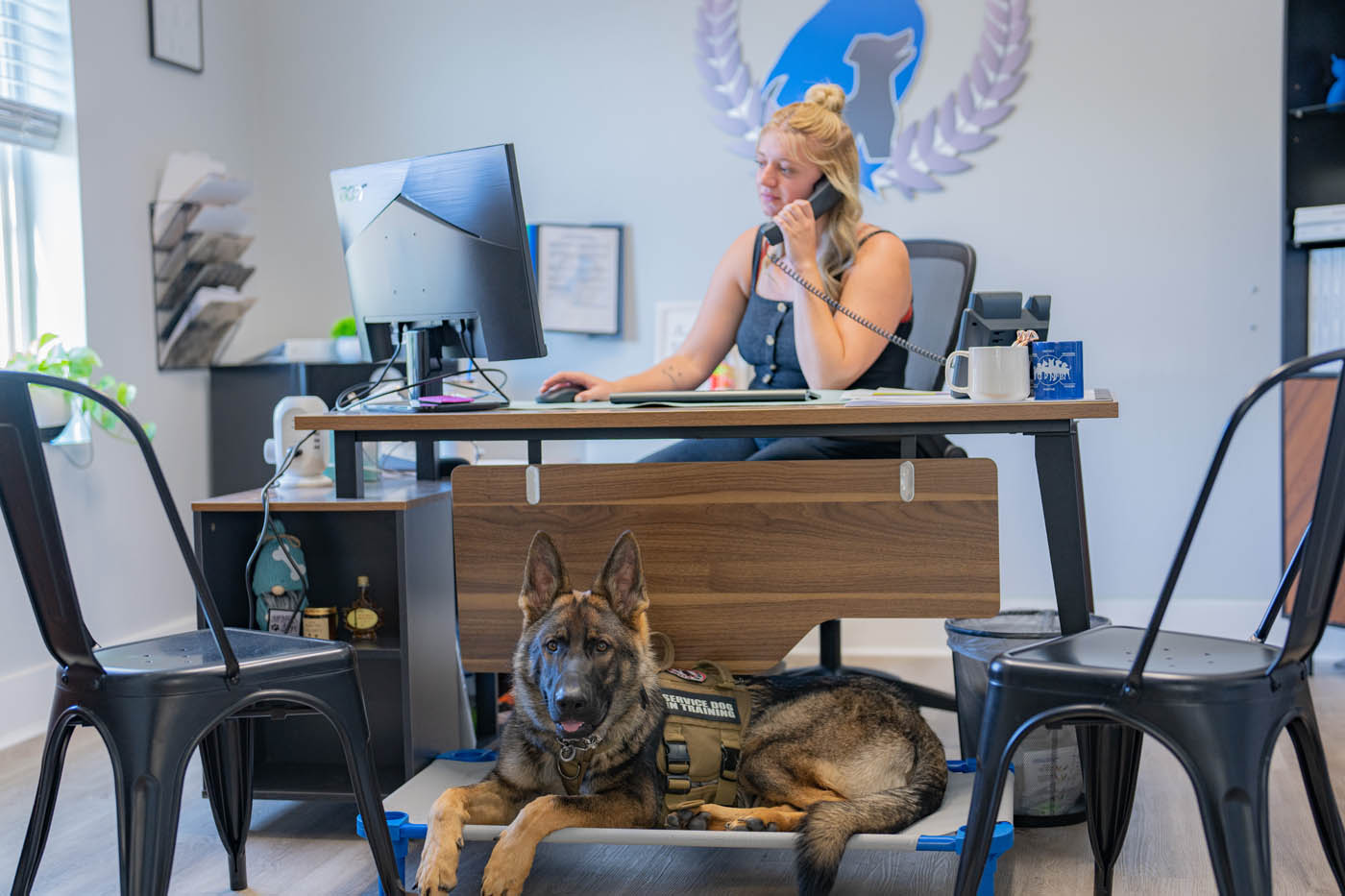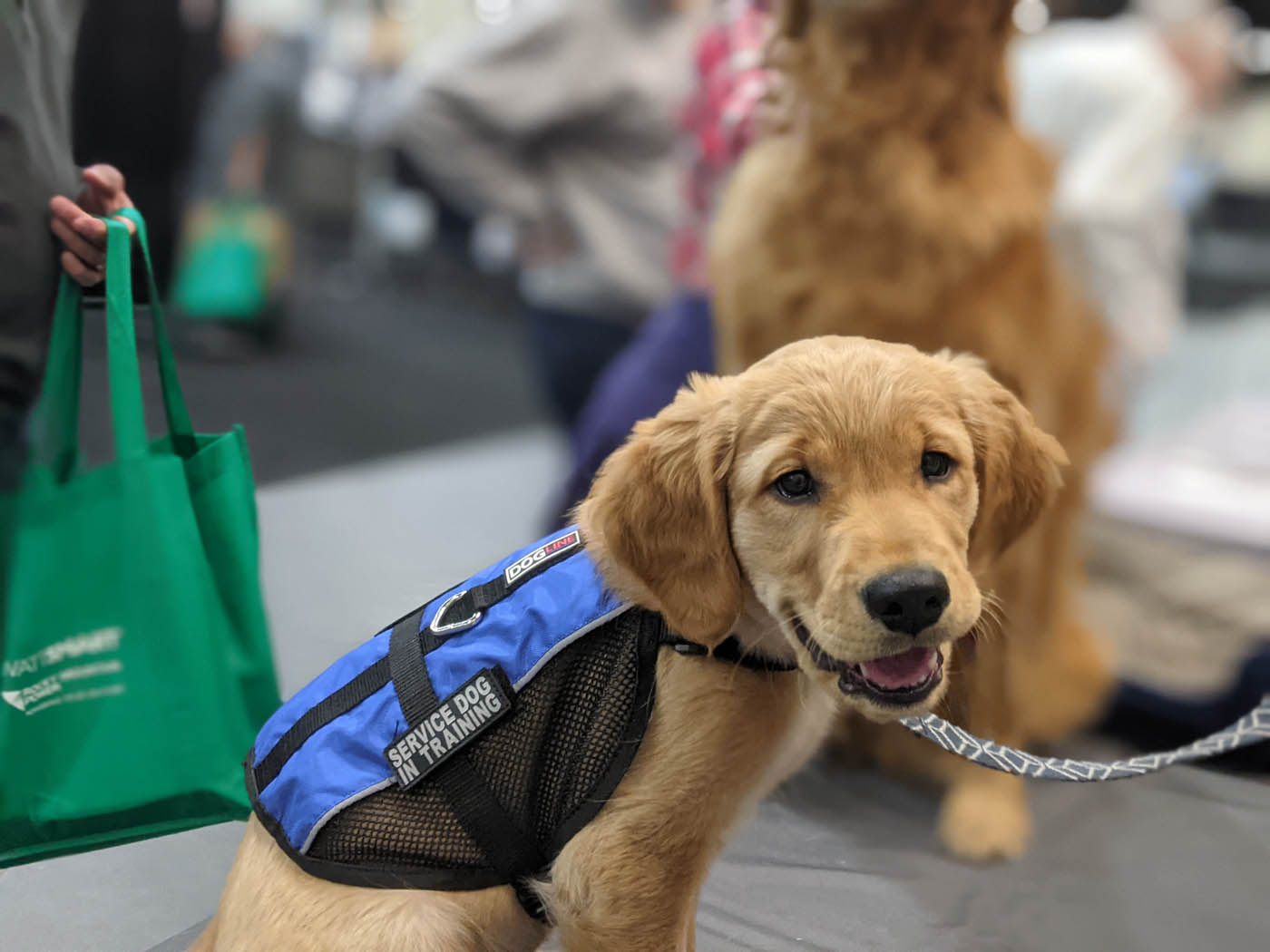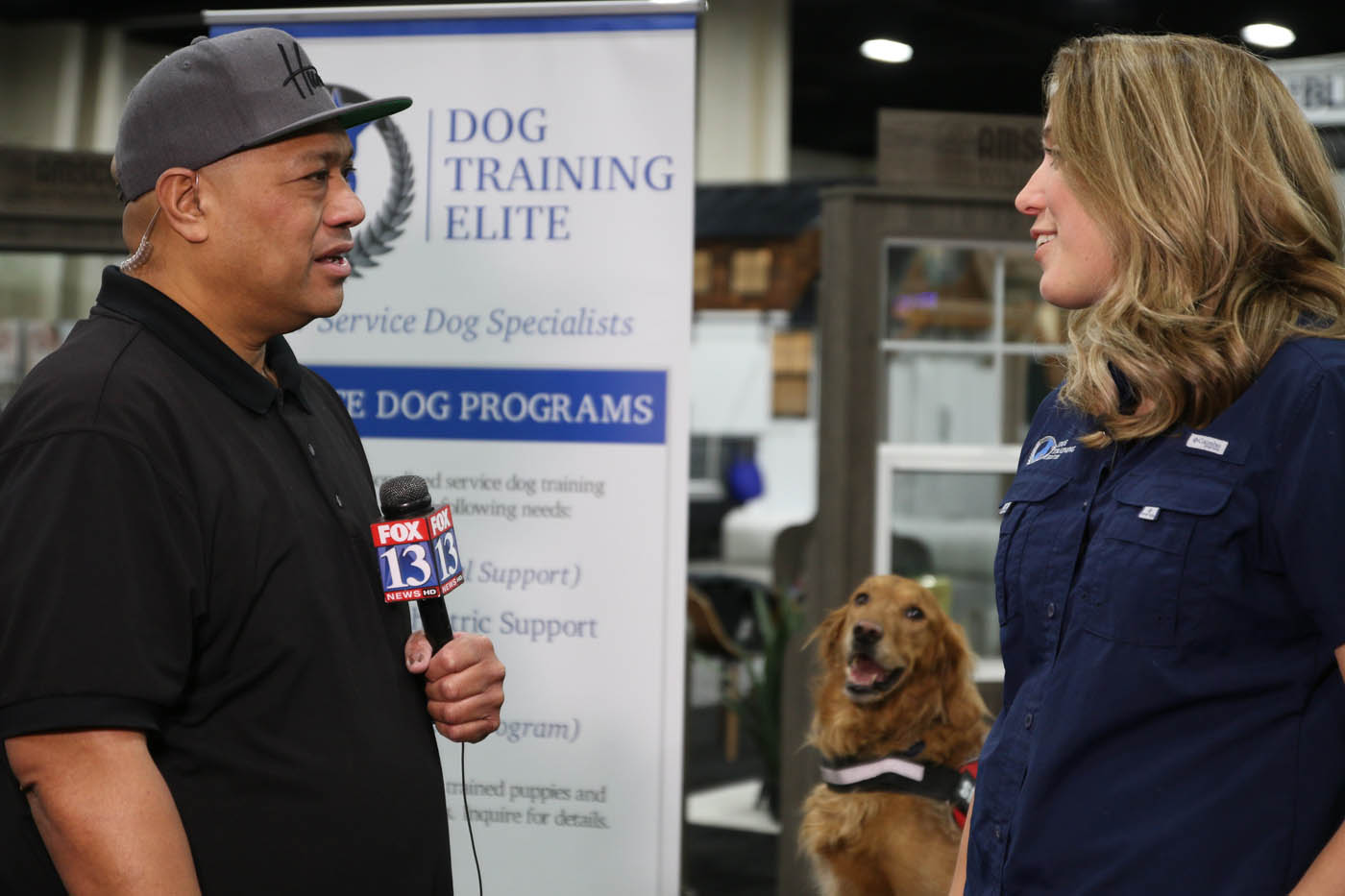The Role of Diet in Dog Training
April 1, 2024
When it comes to teaching dogs, the importance of food is frequently underestimated. Proper nutrition and the smart use of food as a reward can considerably improve the efficacy of your training program. At Dog Training Elite of Port Charlotte we incorporate dietary considerations into our training programs, understanding that a well-fed dog is not only healthier but also more trainable. This article looks at how positive reinforcement with food can be a powerful motivator during training sessions, as well as how keeping your dog's diet balanced is critical for their overall responsiveness and health.

When it comes to teaching dogs, the importance of food is frequently underestimated. Proper nutrition and the smart use of food as a reward can considerably improve the efficacy of your training program. At Dog Training Elite of Port Charlotte, we incorporate dietary considerations into our training programs, understanding that a well-fed dog is not only healthier but also more trainable. This article looks at how positive reinforcement with food can be a powerful motivator during training sessions, as well as how keeping your dog's diet balanced is critical for their overall responsiveness and health.
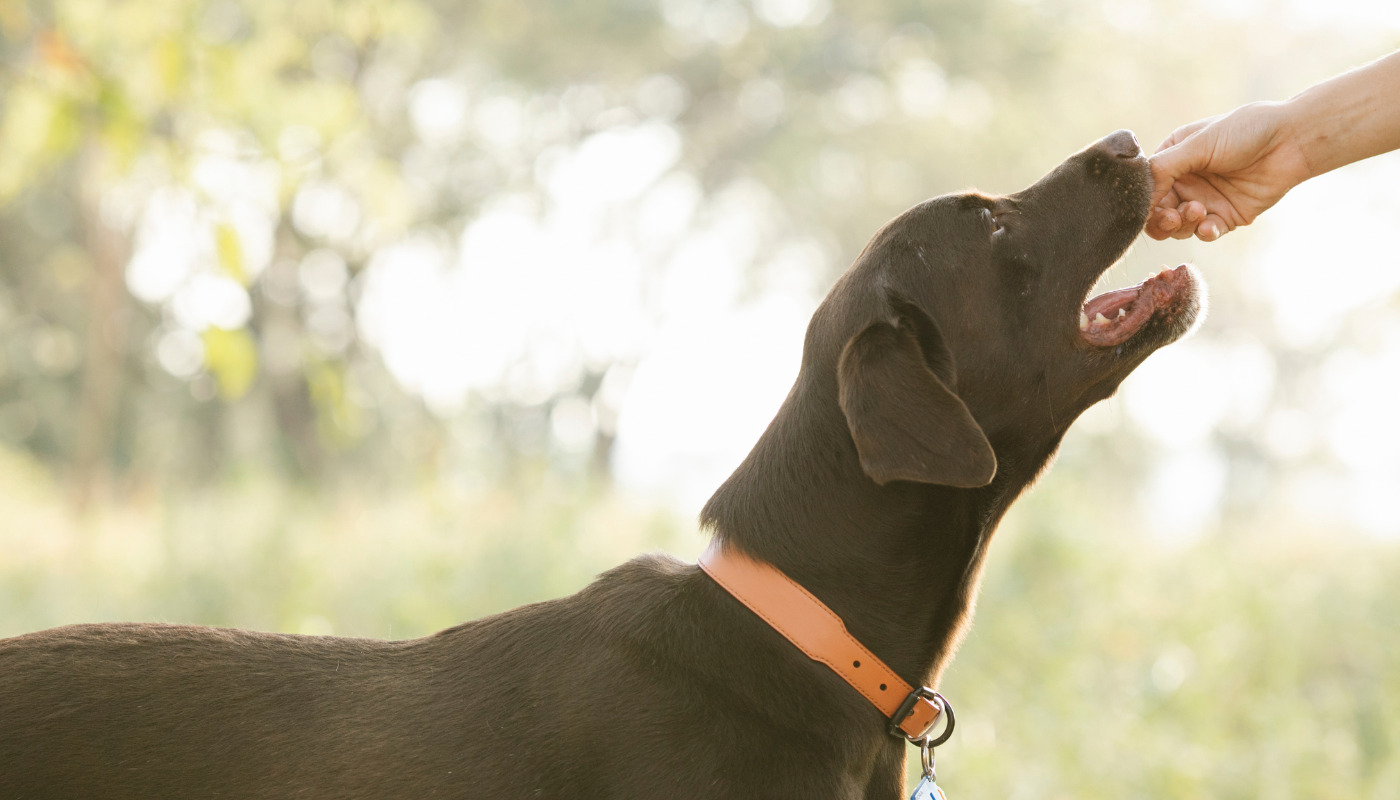
Food as a Positive Motivator
Positive reinforcement is a key component of efficient dog training. This strategy rewards desired behaviors shortly after they occur, encouraging the dog to repeat them. Food rewards, when applied right, can be especially effective incentives. Here's why.
- Immediate Gratification: Dogs receive food treats as an immediate reward for their actions, which helps them make a clear connection between the behavior and the reward.
- Enhanced Engagement: Using treats that are particularly appealing to your dog can increase their interest and participation in training sessions.
- Versatility in Training: Different types of treats can be used to motivate various behaviors and can be especially useful in teaching complex commands or tricks.
Strategic Use of High-Value Treats
High-value treats are those your dog finds irresistibly delicious and are crucial for motivating them during training sessions. However, their use should be strategic:
- Rewarding New or Challenging Tasks: High-value treats should be reserved for behaviors or commands that your dog finds difficult or is in the process of learning. For instance, a treat that your dog loves can be an excellent motivator for a challenging recall command in a distracting environment.
- Routine Behaviors: Standard, less appealing treats or kibble can be used for well-established behaviors like sitting or staying, which your dog performs regularly and reliably.
This differentiation helps maintain your dog's interest and motivation for learning new or challenging tasks without over-relying on high-value treats.
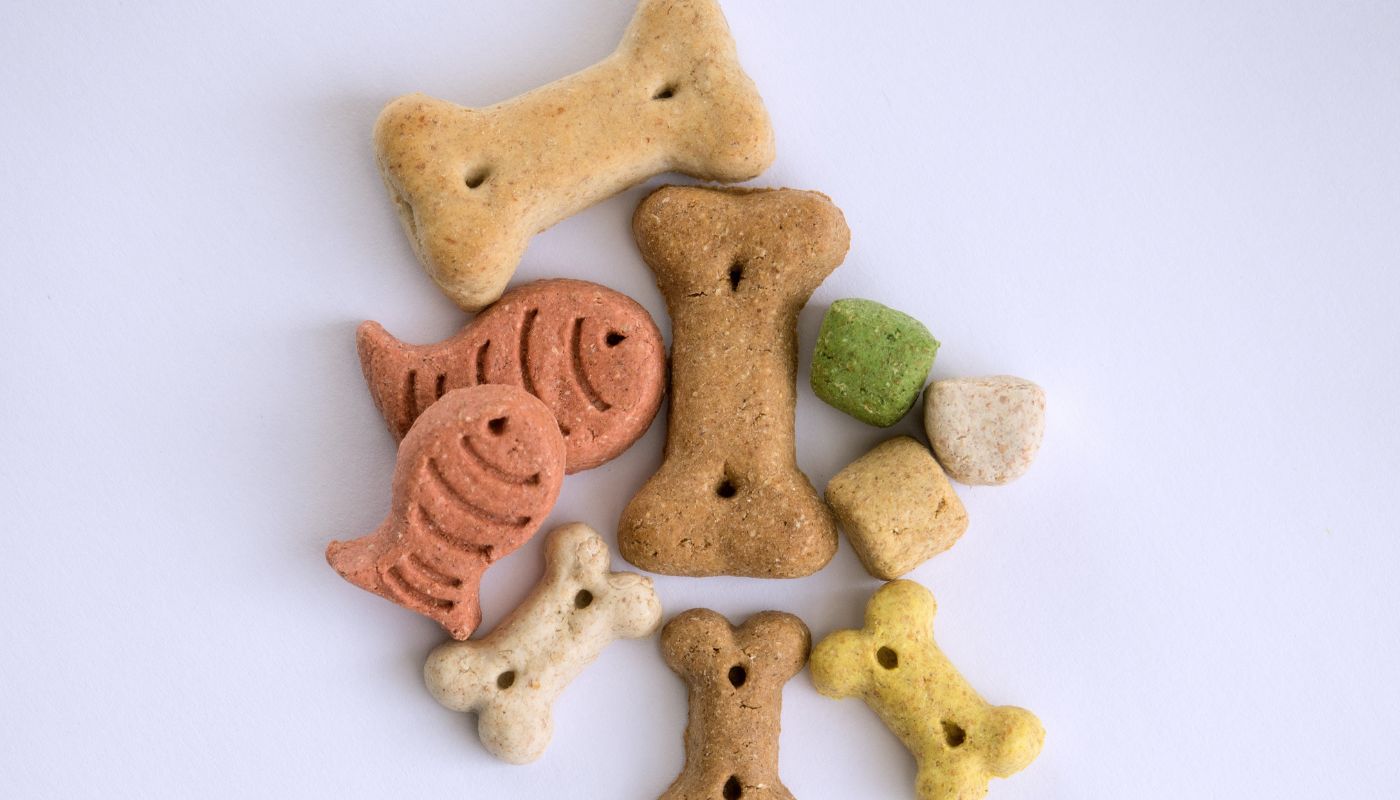
Choosing Appropriate Treats
Selecting the right treats is essential for effective training and maintaining your dog's health. Here are some guidelines:
- Avoid Inappropriate Treats: Stay away from treats like rawhide or other long-lasting chews that are meant to keep your dog busy rather than for immediate reward purposes. These types of treats do not offer the instant gratification needed for effective training.
- Size Matters: Treats should be small and proportionate to your dog's size to avoid overfeeding. Tiny, bite-sized treats ensure that your dog stays eager and doesn't get full too quickly, which is especially important during longer training sessions.
- Quality Counts: Opt for high-quality, nutritious treats that contribute to your dog's health rather than just filling them up. Avoid treats high in fat or sugar, which can lead to weight gain and other health issues.
Integrating Play and Toys
In addition to food, toys and play are also significant motivators for dogs. These can be integrated into training sessions as part of the reward system:
- Toys as Rewards: For some dogs, a quick play session with a favorite toy can be just as motivating as a food treat, especially for those with a high play drive.
- Rotating Toys: Keeping a variety of toys and introducing them only during training sessions can keep them novel and exciting, enhancing their value as rewards.

Professional Guidance and Training
At Dog Training Elite of Port Charlotte, our training experts can help you navigate the complexities of using food effectively in training while ensuring your dog's diet remains balanced and nutritious. We offer personalized training sessions that consider all aspects of your dog's behavior, health, and well-being, including obedience training programs and opportunities for a free evaluation.
Understanding the role of diet in dog training is crucial for any dog owner looking to improve their pet's behavior. By using food strategically and ensuring a balanced diet, you can enhance training effectiveness and ensure your dog stays healthy and happy. If you need help developing a training program that includes dietary considerations, contact us to learn more about our services and how we can assist you and your furry friend.
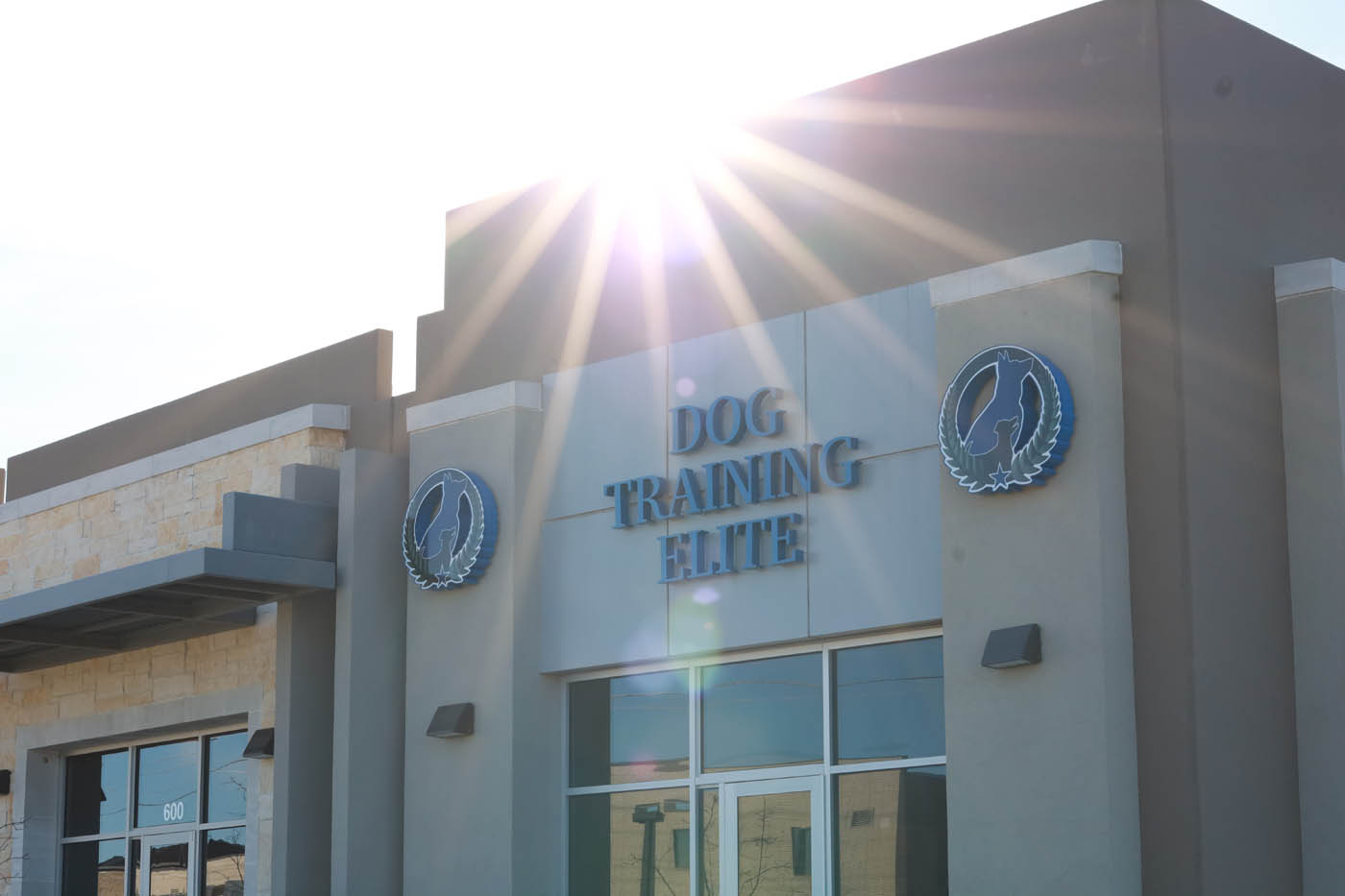
Dog Training Elite of Port Charlotte
Get Your Free Assessment
You and your canine companion really can have it all. See how easy it can be to become a member of the elite pup society by requesting a free consultation today!
